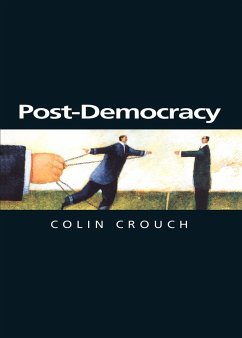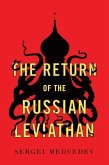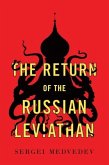Colin Crouch argues that the decline of those social classes which had made possible an active and critical mass politics has combined with the rise of global capitalism to produce a self-referential political class more concerned with forging links with wealthy business interests than with pursuing political programmes which meet the concerns of ordinary people. He shows how, in some respects, politics at the dawn of the twenty-first century returns us to a world familiar well before the start of the twentieth, when politics was a game played among elites. However, Crouch maintains that the experience of the twentieth century remains salient and it reminds us of possibilities for the revival of politics.
This engaging book will prove challenging to all those who claim that advanced societies have reached a virtual best of all possible democratic worlds, and will be compelling reading for anyone interested in the shape of twenty-first-century politics.
This engaging book will prove challenging to all those who claim that advanced societies have reached a virtual best of all possible democratic worlds, and will be compelling reading for anyone interested in the shape of twenty-first-century politics.
'Colin Crouch has written a powerful plea for a politics of the left in the twenty-first century. He is no advocate of the Third Way. For him the stark alternative is liberal democracy or egalitarian democracy, and he clearly opts for the latter. Those who disagree with his analysis or his conclusions will have to make their case, and will no doubt do so. Crouch's book is sure to give rise to lively debate.' Ralf Dahrendorf
'Colin Crouch has the great gift of bringing theory down to accessible earth. Social capital theory is applied to the policies needed for civil renewal. This thoughtful book is a culmination of all that we have been expecting-and more-from his Fabian pamphlets and Political Quarterly articles on the dilemmas of democracy in troubled times.' Professor Bernard Crick
'Colin Crouch has the great gift of bringing theory down to accessible earth. Social capital theory is applied to the policies needed for civil renewal. This thoughtful book is a culmination of all that we have been expecting-and more-from his Fabian pamphlets and Political Quarterly articles on the dilemmas of democracy in troubled times.' Professor Bernard Crick








